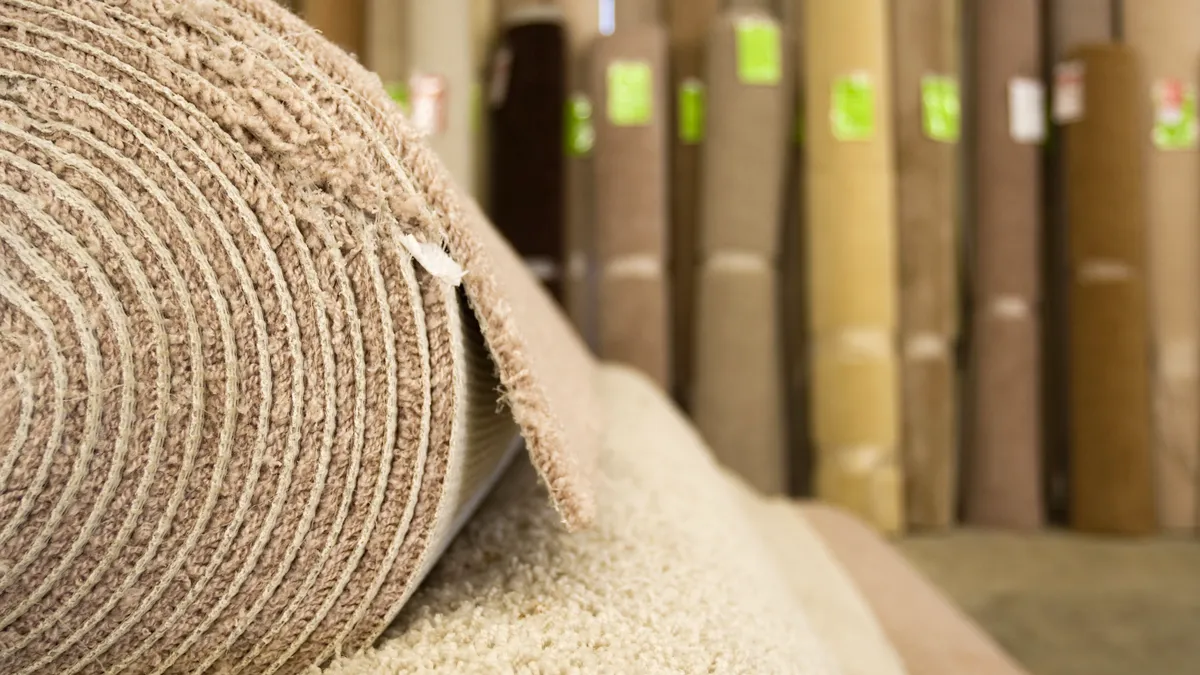Parts of New York's extended producer responsibility law for carpet have been delayed for two years to give carpet producers more time to create collection programs.
Gov. Kathy Hochul signed a chapter amendment in March that extends the program’s effective date to July 1, 2026. She signed the original EPR for carpet bill into law in January.
The state’s Department of Environmental Conservation, which is responsible for approving producers’ recycling plan proposals, requested additional time to implement the new law, according to the bill text. Under the original bill text, producers would have had to submit plans by the end of the year. The chapter amendment now gives producers until Dec. 31, 2025, to submit details on how they will participate in an industry recycling program or establish their own program. They will need to implement those plans starting July 1, 2026.
Lawmakers like state Sen. Brian Kavanagh, a sponsor of the bill, had already been announcing carpet EPR as a 2026 program before the chapter amendment passed. The chapter amendment is seen as a minor update to reflect that date.
New York is the second state to pass EPR for carpet, a milestone that bill proponents, including the National Stewardship Action Council and the Product Stewardship Institute, say will boost the state’s low recycling rate of about 1% for carpet. California first passed its carpet EPR program in 2010, and Illinois is in the process of considering its own carpet EPR bill.
New York’s new law sets mandatory carpet recycling metrics, calls for recycled content in new carpet and requires free, convenient locations for residents to drop off old carpet. The law also bans intentionally-added perfluoroalkyl or polyfluoroalkyl substances (PFAS) in new carpet.
The law calls for a 30% recycling rate within five years after DEC approves each stewardship program, of which 10% must be “closed-loop recycling,” according to the bill. The recycling rate must be 50% within 10 years and 75% within 15 years, ultimately reaching a 40% closed-loop recycling rate.
The law does not consider chemical recycling a valid recycling method, despite Hochul proposing an amendment to the bill that would have allowed it. That amendment did not pass. Chemical recycling companies like Eastman and Encina have said they see end-of-life carpet as an ideal feedstock for making new products.















